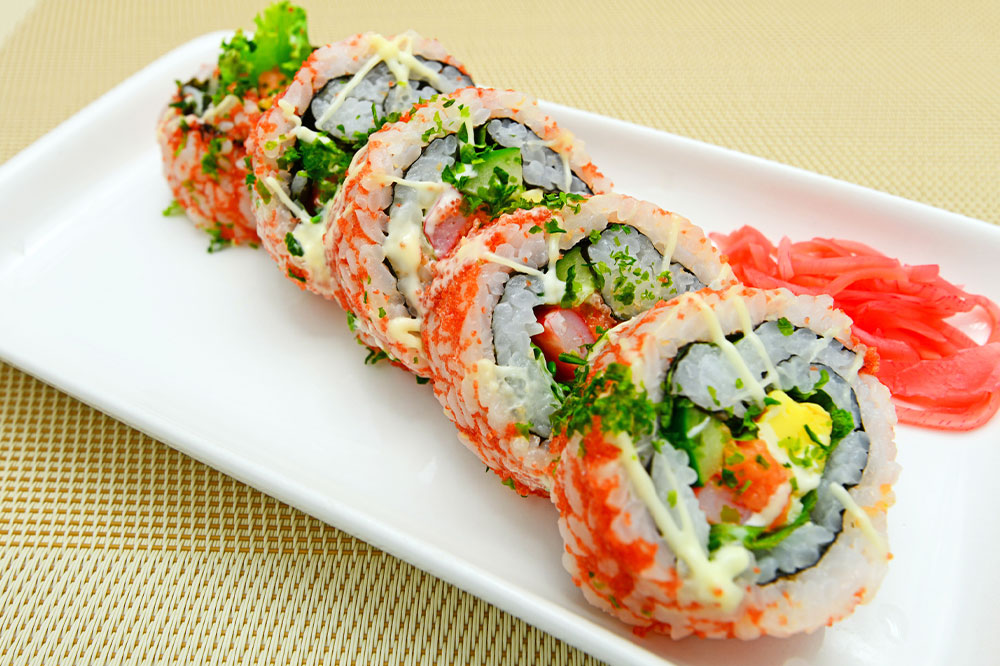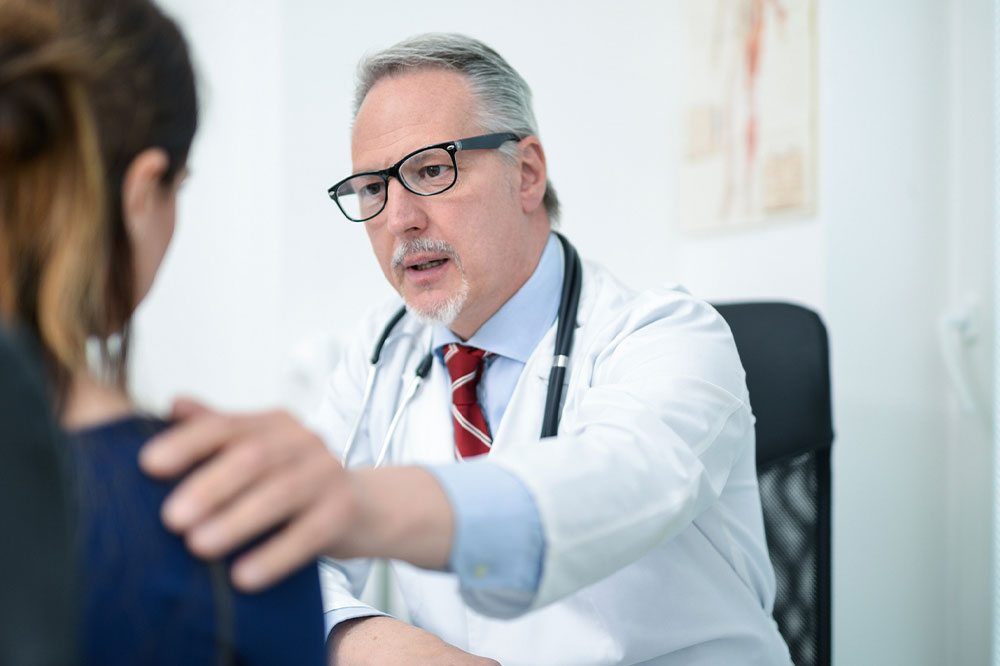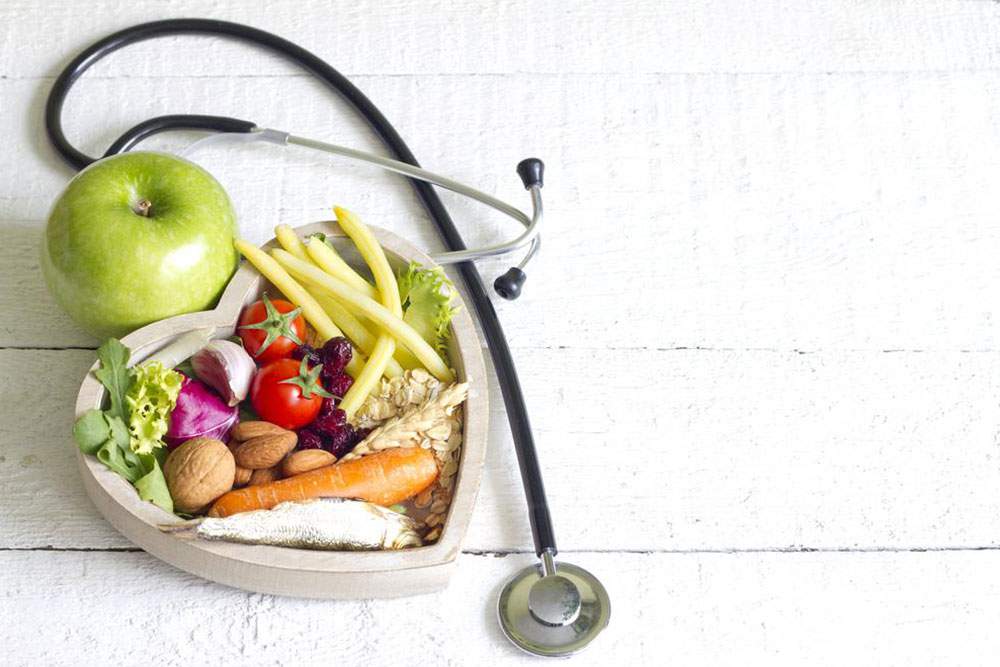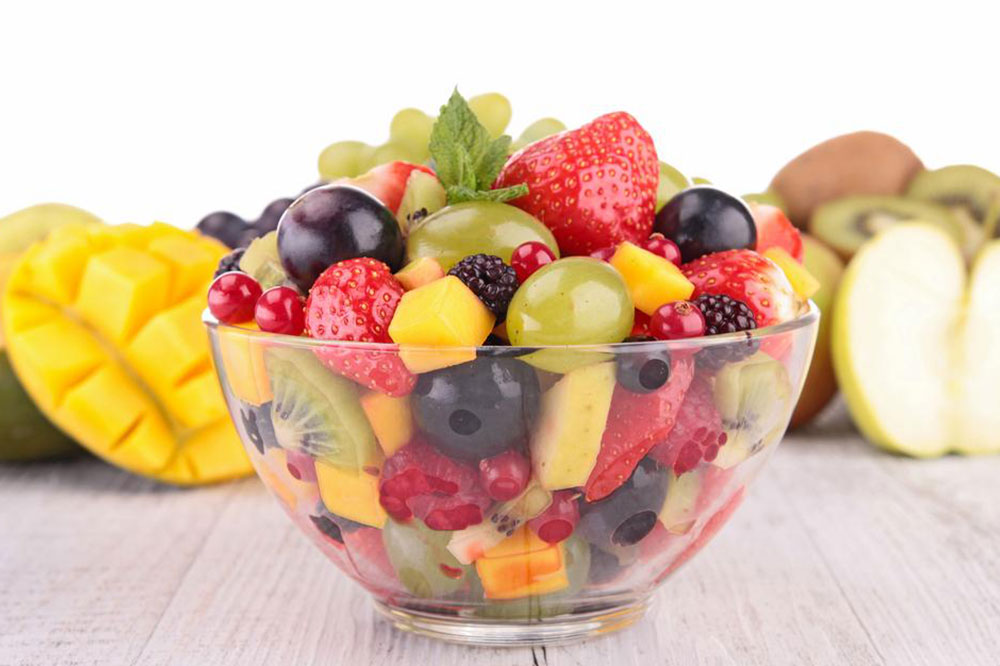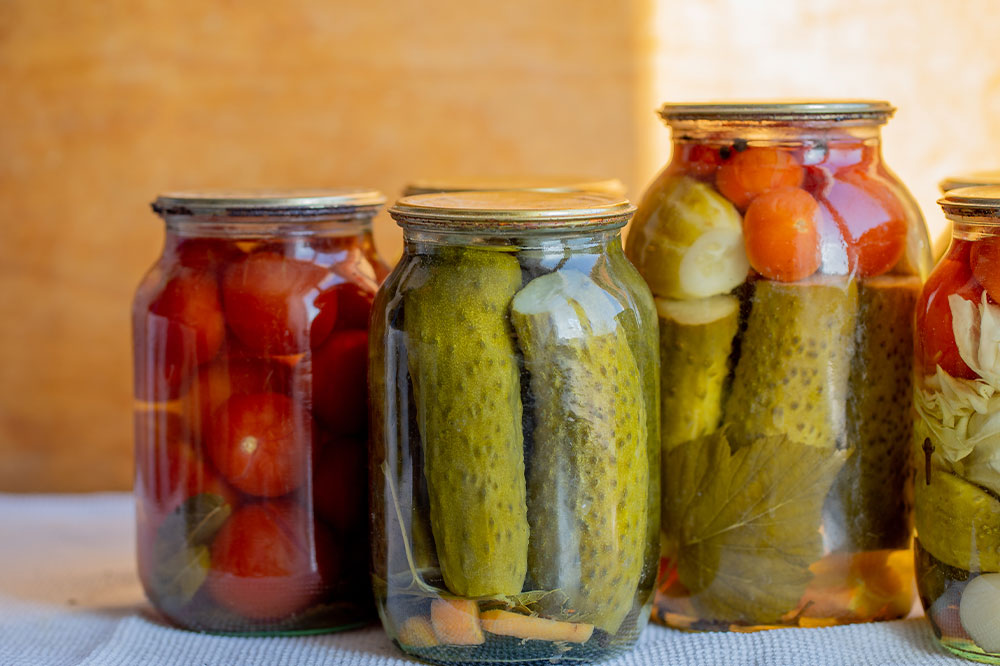Comprehensive Dietary Guidelines for Lung Cancer Patients: Foods to Avoid and Safe Eating Practices
Proper nutrition is vital for lung cancer patients, emphasizing the importance of avoiding certain foods like raw eggs, processed meats, and unpasteurized dairy. Safe cooking practices and dietary adjustments can boost immunity, prevent infections, and support recovery. This detailed guide offers essential dietary tips to enhance health and well-being during lung cancer treatment, ensuring a balanced and safe diet tailored to vulnerable immune systems. Prioritize fresh, well-cooked foods and consult healthcare professionals for personalized advice, improving quality of life during treatment and recovery.
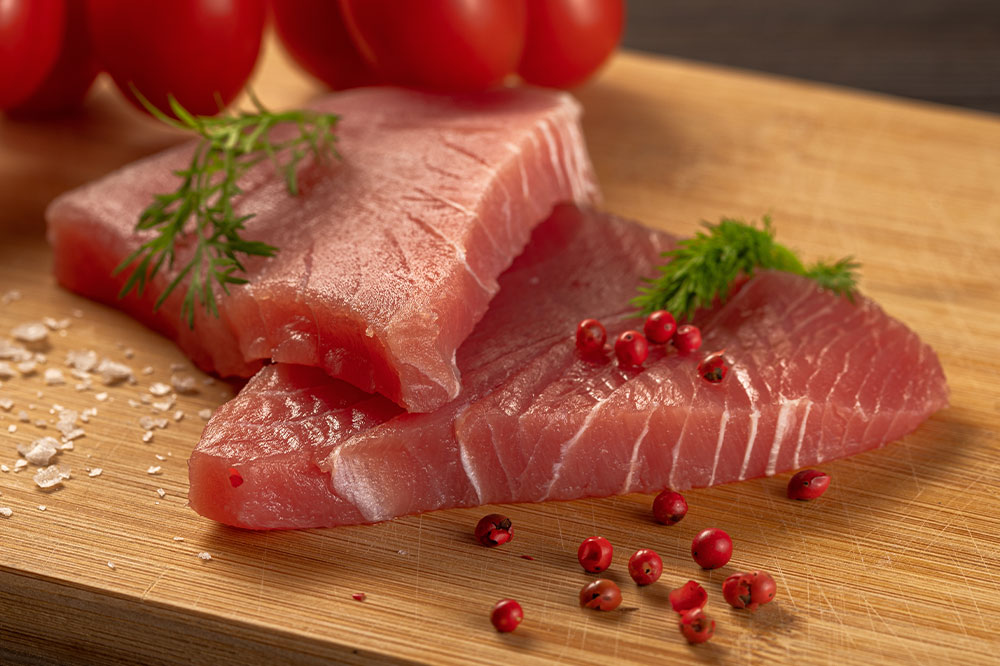
For individuals diagnosed with lung cancer, maintaining optimal nutrition is crucial for supporting the body’s healing process, strengthening immune defenses, and improving overall quality of life. A carefully planned diet can significantly influence treatment outcomes and help manage side effects associated with therapy. However, certain foods can pose health hazards, especially for those with compromised immune systems, and should be avoided or prepared with extra caution. This comprehensive guide explores the key types of foods that lung cancer patients should steer clear of, as well as safe eating practices essential for their health and recovery.
Understanding the Importance of Proper Nutrition During Lung Cancer Treatment
Nutrition plays a vital role in the management and treatment of lung cancer. A well-balanced diet can bolster the immune system, help maintain body weight, prevent nutritional deficiencies, and improve the effectiveness of treatment modalities like chemotherapy and radiation therapy. Patients often experience side effects such as nausea, loss of appetite, taste changes, and fatigue, which can complicate their nutritional intake. Therefore, focusing on foods that are easy to digest, nutrient-dense, and safe is paramount. Equally important is avoiding foods that could compromise health, cause infections, or worsen symptoms.
Foods to Avoid for Lung Cancer Patients: A Detailed Guide
Below is an in-depth look at specific foods that lung cancer patients should be cautious about or completely avoid to prevent infections, food poisoning, or other health complications.
Eggs: Safety First
Eggs are a common source of high-quality protein and essential nutrients. However, for lung cancer patients, raw or undercooked eggs pose significant health risks due to potential salmonella contamination. It is best to consume eggs that are thoroughly cooked, such as hard-boiled, scrambled, or poached, ensuring they are cooked until firm. Always verify that eggs are stored correctly in the refrigerator and check for cracks before use, as cracks can be entry points for bacteria. Homemade cooked eggs are the safest choice, reducing the risk of foodborne illness and safeguarding immune health during treatment.
Processed and Cured Meats: Watch Out for Bacteria
Processed meats like cold cuts, sausages, and bacon are popular but can harbor listeria bacteria and other pathogens. These bacteria can cause serious infections, especially in immunocompromised individuals such as lung cancer patients. If craving deli meats, opt for thoroughly heated varieties to kill harmful bacteria. Whenever possible, choose fresh, lean meats prepared in a way that minimizes bacterial exposure and ensures safe consumption.
Cheese and Dairy Products: Be Cautious with Soft and Unpasteurized Varieties
While dairy products are a good source of calcium and protein, certain types can pose risks. Soft cheeses like Brie, feta, and blue cheese made from unpasteurized milk may contain listeria, which can lead to severe infections. Similarly, unpasteurized dairy such as cream, custards, and unprocessed milk can carry E. coli, salmonella, and listeria. To avoid these risks, choose pasteurized dairy products and ensure they are stored correctly. Cooking dairy-based dishes thoroughly can also eliminate some bacteria, making them safer for consumption.
Raw Vegetables and Sprouts: Be Cautious
Raw vegetables and sprouts are often consumed for their health benefits, but they can become contaminated with bacteria like E. coli, salmonella, and listeria, particularly if not cleaned properly. As lung cancer patients have weakened immune defenses, it is advisable to avoid raw sprouts altogether. If raw greens are included in meals, they should be washed thoroughly under running water and sanitized using food-safe disinfectants. Alternatively, lightly steaming vegetables can make them safer without significantly reducing nutritional value.
Sushi and Raw Seafood: High Risks of Infection
Consuming raw seafood, such as sushi, sashimi, and raw shellfish, carries risks of viral and bacterial infections like Hepatitis A, norovirus, and bacteria such as Vibrio. These infections can be severe and prolonged in immunocompromised individuals. To minimize risks, it is better to opt for cooked seafood, such as grilled fish, baked shrimp, or steamed shellfish. Additionally, every seafood dish should be prepared using high-quality, reputable sources, and cooked thoroughly to eliminate parasites and bacteria. Patients should also be conscious of mercury levels found in certain fish varieties and limit intake accordingly.
Limit Caffeine and Stimulating Beverages
Caffeinated drinks, including coffee, tea, and energy drinks, may exacerbate dehydration and cause constipation, which are common issues in lung cancer patients undergoing treatment. Excessive caffeine intake can also interfere with sleep and aggravate symptoms like anxiety or tremors. It is advisable to limit or avoid caffeine and replace these beverages with water, herbal teas, or electrolyte-rich drinks to stay hydrated and maintain electrolyte balance.
Healthy Dietary Practices Tailored for Lung Cancer Patients
Beyond avoiding specific foods, it is equally important to adopt safe cooking and eating habits. Here are some tips to ensure a nourishing and safe diet:
Opt for Well-Cooked Food: Always cook meats, eggs, seafood, and dairy products thoroughly. Proper heating kills harmful bacteria and parasites, reducing infection risk.
Practice Good Hygiene: Wash hands, utensils, and surfaces thoroughly before preparing meals. Wash fruits and vegetables under running water and sanitize them as needed.
Avoid Spicy, Greasy, or Fried Foods: These can irritate the gastrointestinal tract and exacerbate treatment side effects.
Focus on Nutrient-Rich, Gentle Foods: Include easily digestible foods rich in vitamins, minerals, and antioxidants to support recovery and immune function.
Stay Hydrated: Drink plenty of fluids, preferably water and herbal teas, to prevent dehydration and support detoxification.
Final Thoughts
For lung cancer patients, maintaining a safe, nutritious diet is an integral part of their treatment and recovery process. By avoiding certain high-risk foods such as raw eggs, processed meats, unpasteurized dairy, raw vegetables, raw seafood, and limiting caffeinated beverages, patients can reduce their risk of infections and complications. Emphasizing thoroughly cooked, hygienic, and gentle foods will help strengthen the immune system, improve well-being, and facilitate a better quality of life during this challenging journey. Always consult with your healthcare provider or a registered dietitian to personalize dietary choices based on individual health status and treatment plans.
